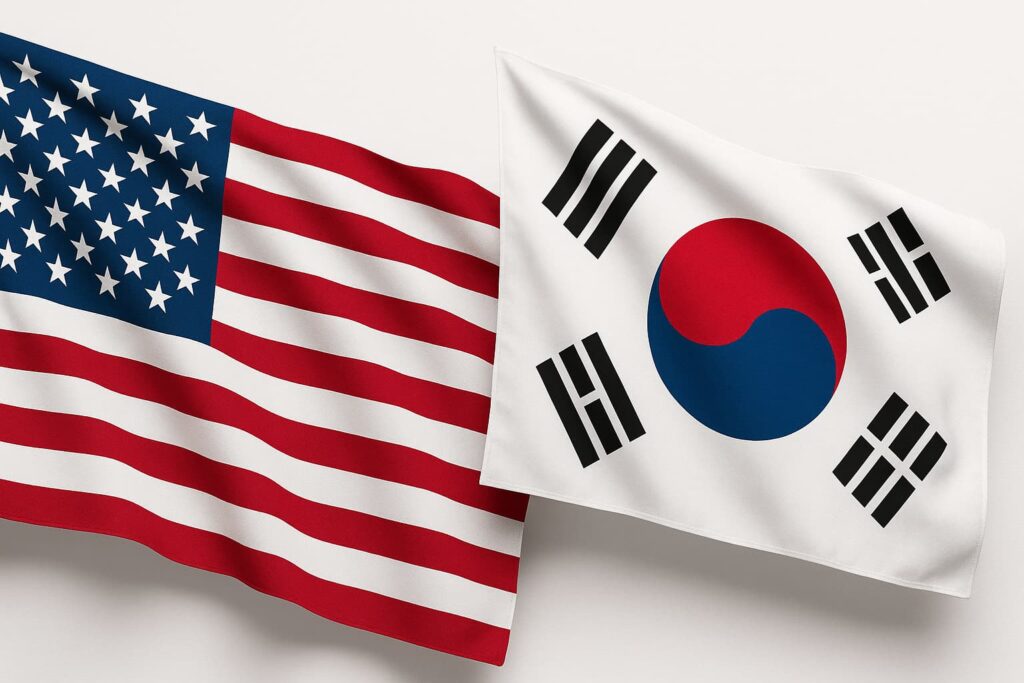Alliance science pact lifts US–Korea cooperation on AI, quantum, 6G, and space
US and South Korea set a non-binding roadmap spanning AI, quantum, 6G, research security, and civil space.

The United States and South Korea agreed on a broad science and technology memorandum to deepen alliance ties and bolster Indo-Pacific stability. The non-binding pact aims to accelerate innovation while protecting critical capabilities. Both sides cast it as groundwork for a new Golden Age of Innovation.
AI sits at the centre. Plans include pro-innovation policy alignment, trusted exports across the stack, AI-ready datasets, safety standards, and enforcement of compute protection. Joint metrology and standards work links the US Center for AI Standards and Innovation with the AI Safety Institute of South Korea.
Trusted technology leadership extends beyond AI. The memorandum outlines shared research security, capacity building for universities and industry, and joint threat analysis. Telecommunications cooperation targets interoperable 6G supply chains and coordinated standards activity with industry partners.
Quantum and basic research are priority growth areas. Participants plan interoperable quantum standards, stronger institutional partnerships, and secured supply chains. Larger projects and STEM exchanges aim to widen collaboration, supported by shared roadmaps and engagement in global consortia.
Space cooperation continues across civil and exploration programmes. Strands include Artemis contributions, a Korean cubesat rideshare on Artemis II, and Commercial Lunar Payload Services. The Korea Positioning System will be developed for maximum interoperability with GPS.
Would you like to learn more about AI, tech, and digital diplomacy? If so, ask our Diplo chatbot!
